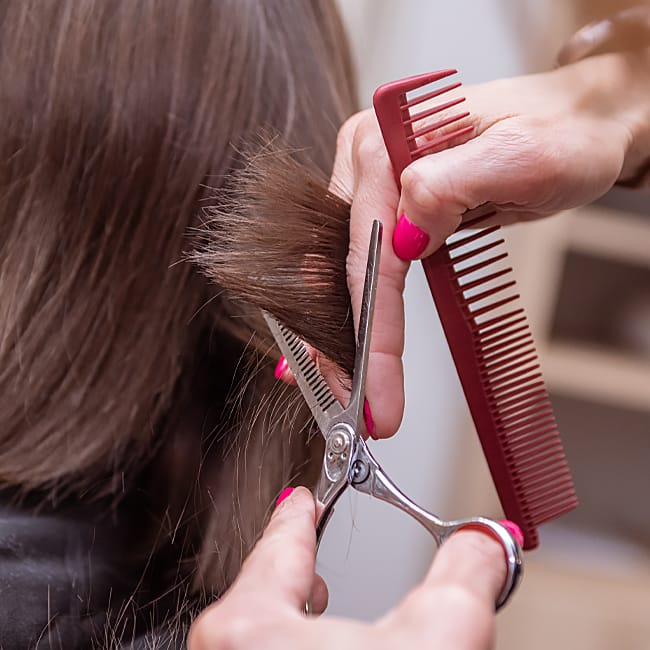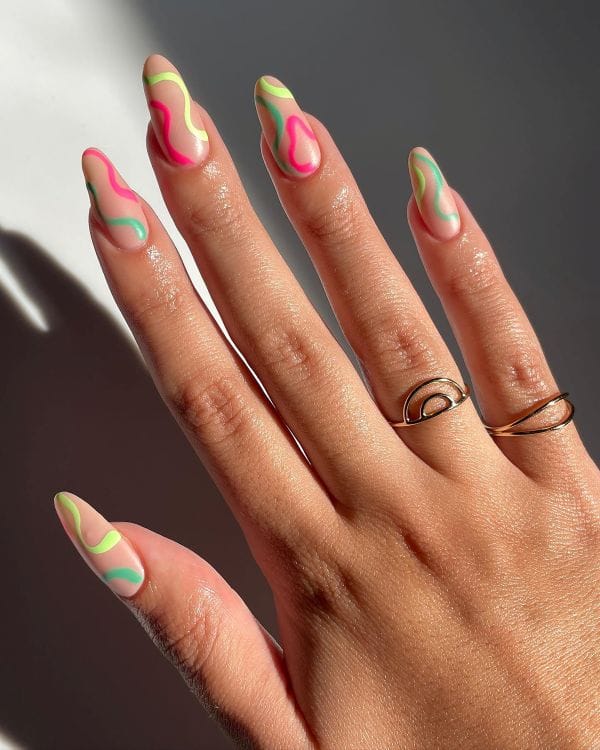When confronted with a health or skincare challenge, the “answer” is often: buy this product, buy that product — take more supplements.
But you may already be taking all of the supplements that you feel are necessary for your well being. You have a multivitamin on your plate, as well as biotin, and maybe even collagen supplements. And, still, you either aren’t seeing the results you expect or you are patiently waiting and realizing supplements aren’t going to cut it when your concern is a loss of collagen and elastin, which naturally occurs over time.
If you’re tired of taking supplements and are searching for science-backed ways to protect your collagen levels, Board-Certified Dr. Dray has 11 smart tips on protecting your collagen levels.

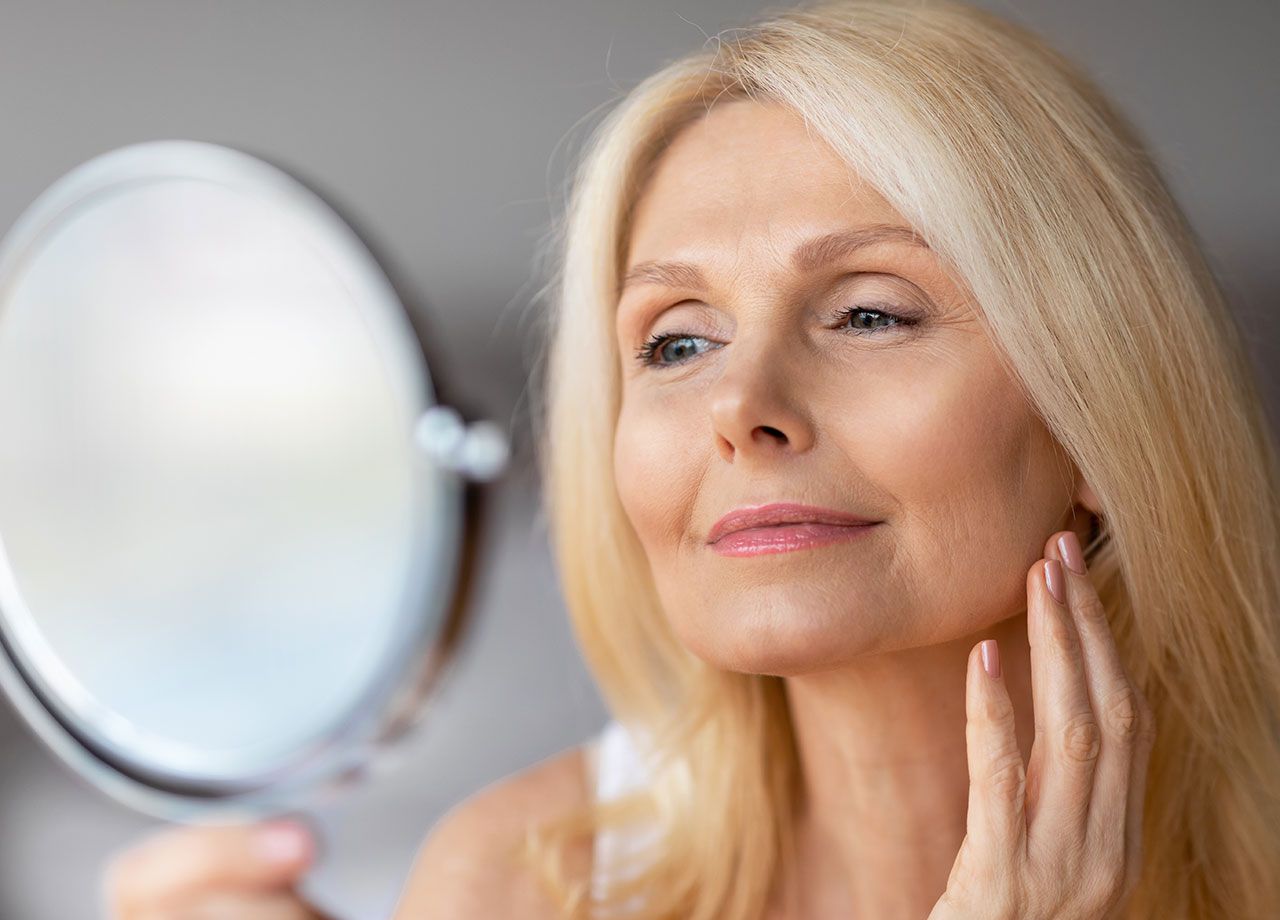
Avoid the Sun
The number one thing you have to do, according to Dr. Dray, is avoid sunbathing and protect your skin from the sun by wearing sunscreen with a high enough SPF (30 or higher) each day and wearing hats, sitting under umbrellas, etc. Ultraviolet radiation from the sun destroys collagen, plain and simple, and no amount of collagen supplements or other products are going to rectify that.
Stop Smoking
If you are smoking cigarettes, you are of course risking your health, but you’re also destroying collagen. Studies have shown that those who smoke when they are younger look older faster. Not to mention: you are causing horrific damage to your lungs.
Avoid Sitting in Traffic
We can’t always avoid traffic, and perhaps don’t take this advice so literally, but Dr. Dray stresses that exposure to air pollution introduces free radicals to your skin, which negatively impact your collagen. One small thing you can do to reduce this damage is to wash your face at the end of the day and incorporate a moisturizer into your routine to repair your skin barrier.

Infrared Radiation
Infrared radiation, which is chronic exposure to heat from not just the sun but other sources like hot ovens, can create free radical damage that affects skin. A topical vitamin C serum or niacinamide acts as an antioxidant that can help reduce the impact of this damage.
Visible Light
Visible light, which primarily comes from the sun — but also blue light — can destroy collagen. Protect your skin from visible light with mineral sunscreens and makeup that contains iron oxides.
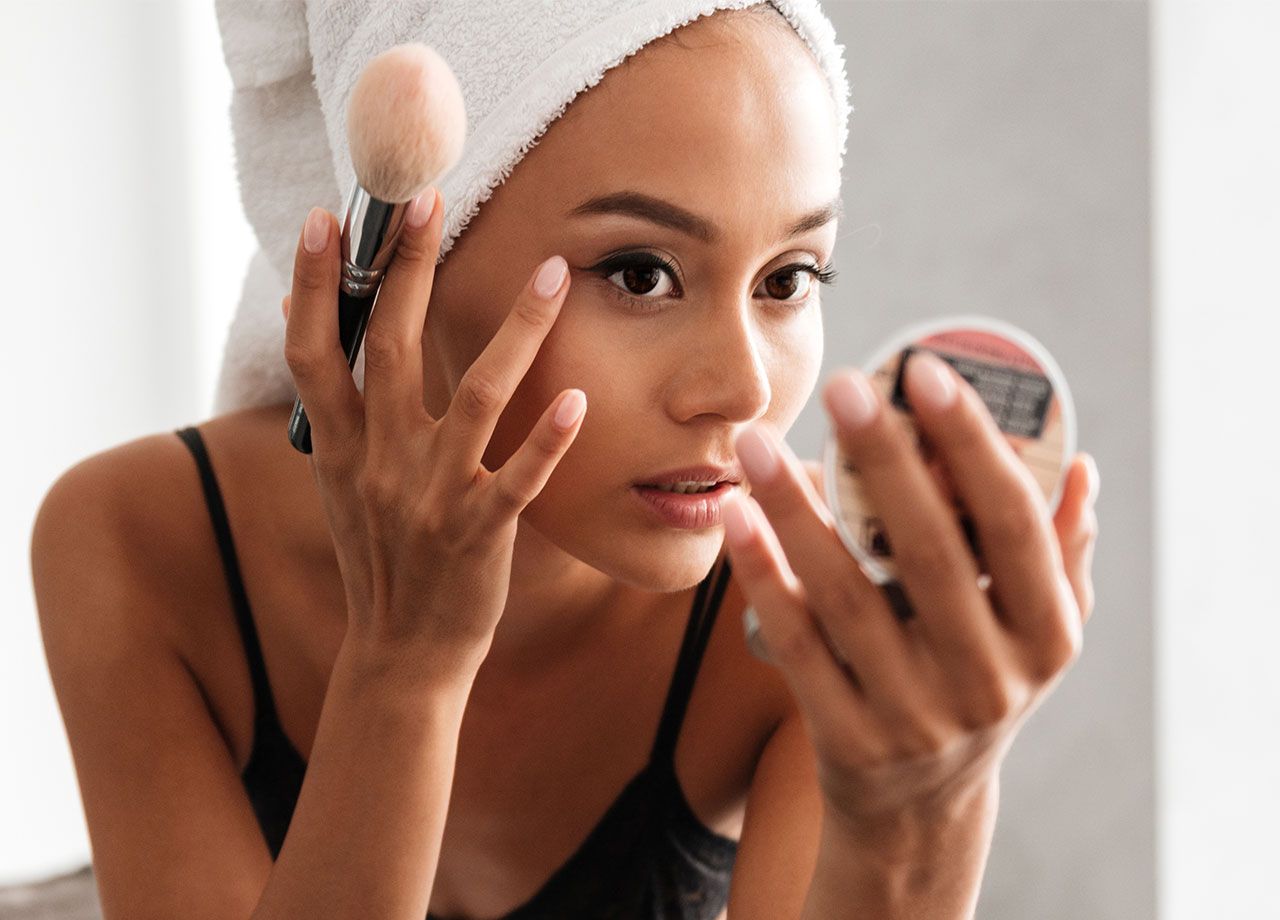
Menopause
During menopause our levels of estrogen drop. Because estrogen is so important for skin laxity, you may notice more fine lines and wrinkles developing during this time. You can’t stop menopause, but you can speak with your gynecologist about hormone replacement therapy to find out its risks and benefits for you. Topically applied estrogen can also help.
Stress
Constant stress activates your nervous system and leads to the production of a hormone called cortisol that suppresses the immune system and reduces your skin’s ability to repair your skin and generate new skin cells. Finding ways to bust stress, like exercising and meditating, can help.
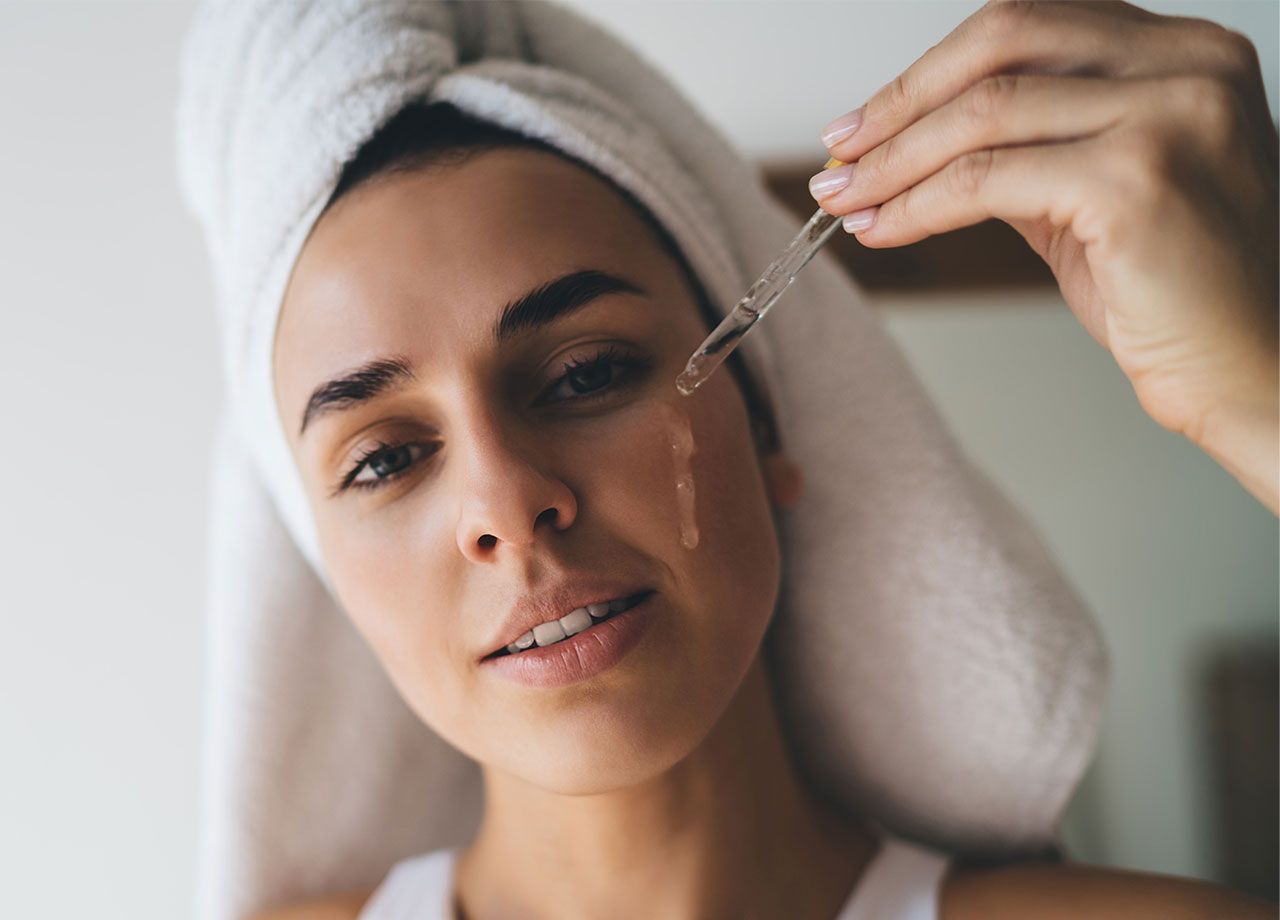
Lack of Sleep
People who are chronically sleep-deprived have a higher risk of certain diseases and illnesses. Getting 7-9 quality hours of sleep helps your health and your skin. Sleep is important for the healing and repairing of your skin.
A Poor Diet
A diet that includes fruits and vegetables provides vitamin C that is vital for collagen production. Taking a vitamin C supplement isn’t going to provide the same protective effect as filling your diet with healthy foods that protect the health of your skin and collagen. Another tip: minimize the amount of sugar you eat — sugar affects collagen production.
Retinol
Consider using a topical retinol to boost your collagen production. Not everyone tolerates retinol well, but if you are fairly new to a retinol cream, it can take time for your skin to adjust to it. Combat dryness and peeling with a quality moisturizer, which you can even apply prior to retinol as a barrier.

In-Office Procedures
Finding a great dermatologist and exploring in-office procedures that can boost collagen production is another great way to keep your skin looking its best. Dr. Dray recommends procedures like micro needling (but not doing this yourself at home), red light therapy (these can be done at home, as well, but they won’t be as strong as what you can get at a dermatologist), and filler, which can provide an instant result and boost collagen.
Collagen Supplements
Even though the point of Dr. Dray’s video is to suggest options for boosting collagen that aren’t related to supplements, she says taking a collagen supplement MAY help (there is a lack of sufficient strong evidence behind them though). But if you aren’t taking other steps, like getting enough quality sleep or improving your diet, you may not see the results you want from a supplement alone.




